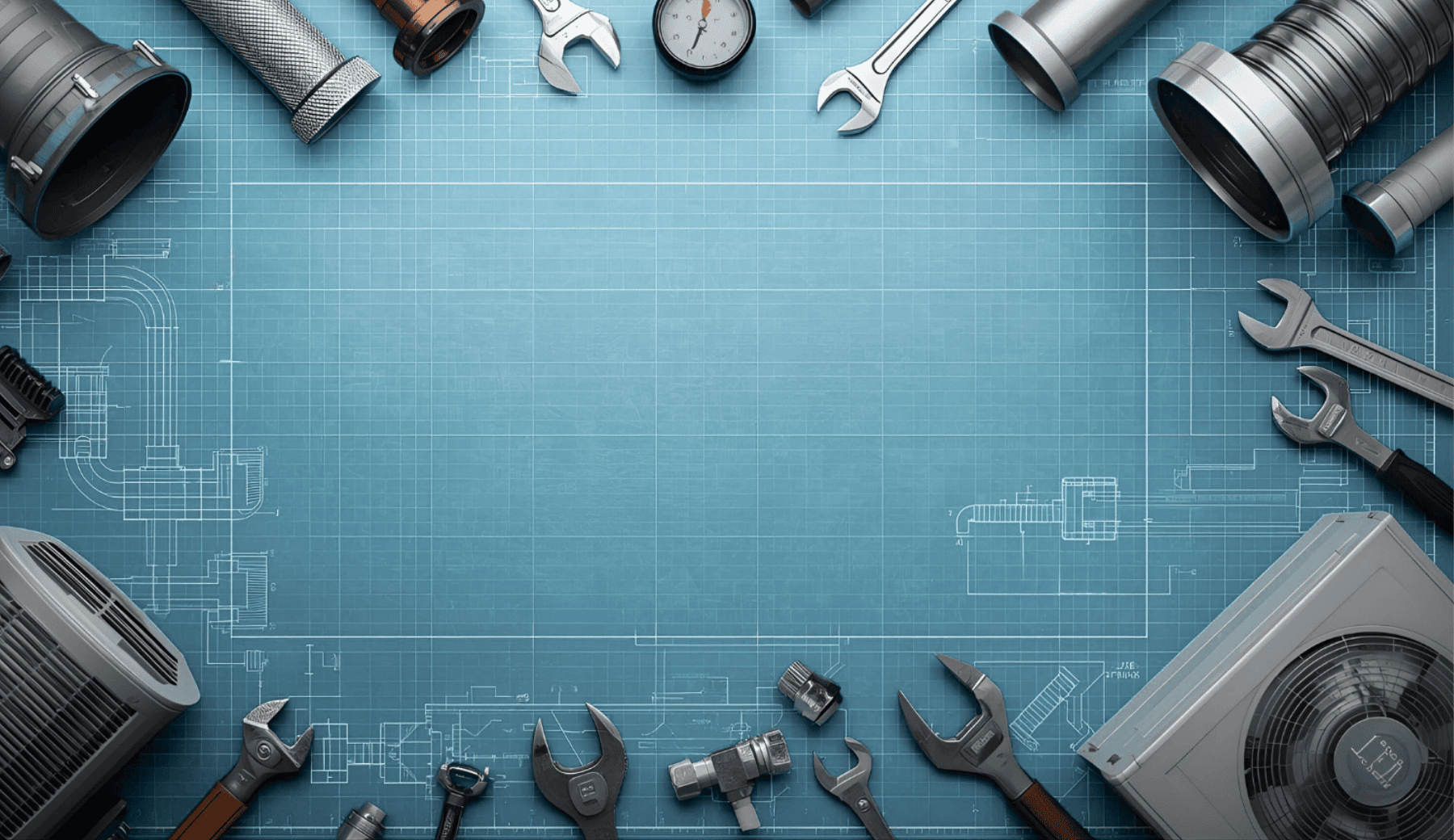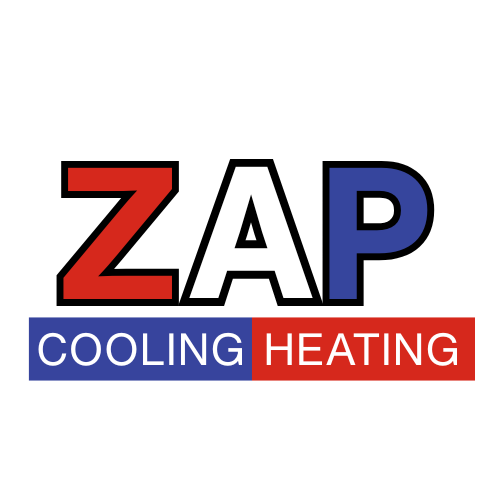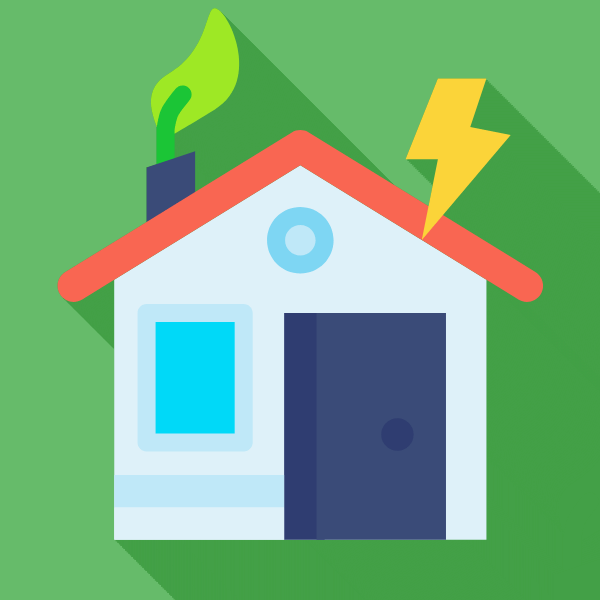
ZAP Knowledge Center
HVAC Costs, Quotes & Installation
HVAC pricing can feel confusing, especially when you’re comparing quotes that don’t look alike. Between equipment options, ductwork, labor, permits, and add-ons, it’s hard to know what’s a fair price—or whether a “cheap” quote will cost you more later. This guide breaks down the main factors that affect HVAC costs, how professional installation is priced, and what to look for when reviewing quotes for your North Georgia home.
-
The system may be undersized, the ductwork may be poor, or the home may have a high heat load.
-
Yes. Every degree higher in summer or lower in winter can reduce your energy usage.
-
es. Proper scheduling saves money and keeps your home comfortable.
-
That is the relay turning the system on and off. It is normal unless it is rapid and constant.
-
Yes. Modern systems often work best with updated controls.
-
Its individual. It depends on the customers’ home and needs for comfort and value.
-
SEER2 is the newer rating that accounts for more realistic operating conditions.
-
Yes, for ultimate comfort and energy savings. You typically save on power bills over the life of the system.
-
Old equipment, poor ductwork, improper sizing, or lack of maintenance can all drive bills up.
-
Your system is not removing enough moisture – often due to design, sizing, airflow, or coil problems.
-
Leaky windows and doors let conditioned air escape and make the system run harder.
-
Yes. Outside walls can cause false temperature readings and poor comfort control.
-
Yes. They make you feel cooler so you can set the thermostat higher without losing comfort.
-
Yes. Single-pane windows let in a lot of heat and lose heat quickly in winter.
-
Yes. Frequent adjustments cause unnecessary cycling and strain on the system.
-
Yes. It improves return air paths and helps balance temperatures throughout the home.
-
Afternoon sun increases heat load through windows, roofs, and walls.
-
Yes. They can confuse thermostats and create uneven temperatures and safety risks.
-
Yes. The further the outdoor temperature is from your setpoint, the harder the system works.
-
Yes. Window placement, ceiling height, insulation, and duct layout all impact comfort.
-
Systems are sized for typical temperatures. Extreme days expose heat load issues.
-
Yes. Night and daytime adjustments can still help improve comfort and efficiency.
-
Yes. Damp crawl spaces add moisture and force the system to work harder.
-
Often yes. Maintaining a steady range is easier on the system than wide swings.
-
High humidity or uninsulated ducts touching cold air can cause condensation.
-
Not always. The entire duct system must be balanced—returns and trunk sizes matter too.
-
Yes—shade helps efficiency as long as plants don’t block airflow.
-
Yes. They remove conditioned air from the home and should not run continuously.
-
Seal ducts, improve insulation, clean coils, correct airflow issues, and control humidity.
-
No. If it is low, there is a leak that needs to be found and repaired, not just topped off.
-
Yes. Better insulation reduces the heat load and makes your system’s job easier.
-
No. It actually increases static pressure and can harm the system.
-
Efficiency does not fix bad duct design. Hot rooms usually point to duct or airflow issues.
-
It may cool air faster but will shut off too soon, leading to poor humidity control and comfort.
-
Yes. A clean coil allows the system to reject heat properly and run cooler.
-
Heat rises. Most discomfort upstairs comes from supply duct and return duct issues, not the equipment.
-
No. That raises static pressure and can damage the blower and coil.
-
Yes. A hot attic increases heat load and makes the system work harder.
-
Often yes. It reduces moisture, heat, and air leakage that impact HVAC performance.
-
Small setbacks help. Large swings force the system to work harder to catch up.
-
Humidity adds extra load. Removing moisture is harder than removing heat.





